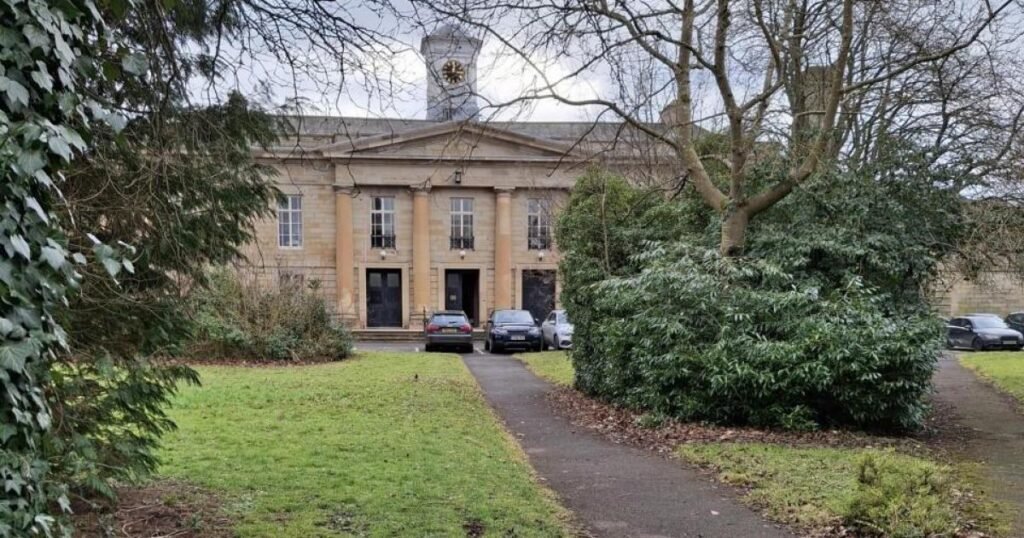The order was made against Dylan Renwick, 31, at a Proceeds of Crime Act (POCA) settlement hearing at Durham Crown Court on Tuesday, May 6.
Renwick, of Tindale Street, Consett, admitted five offences at the court early last year, two each for acquiring and transferring criminal property, plus one of converting criminal property.
His now 30-year-old co-accused, Christopher Orton, of Loveless Gardens, Gateshead, admitted one count each of acquiring and transferring criminal property.
The court was told large amounts of money was deposited into Post Office accounts and transferred to various other accounts, much of which Renwick would convert into cryptocurrency.(Image: The Northern Echo)
Prosecution counsel Philip Morley said the sums involved “far exceeded” either of their legitimate income.
Renwick was said to have made 87 deposits into 12 different Post Office accounts between January and December 2021, for sums totalling £97,457, mostly each for an amount of £1,000.
Investigators identified Renwick as making those deposits.
Mr Morley told the court: “Once deposited, it was filtered into other accounts belonging to Renwick and to Christopher Orton’s bank account.”
He would transfer that back to Dylan Renwick in small denominations.
Mr Morley said £87,000 was converted to Bitcoins and transferred on to unknown sources, while Renwick kept £10,000 for personal spending.
When questioned Renwick gave “no comment” responses to police and Orton denied any money laundering, claiming the sums passing from his account related to a car and motorcycle bought from his co-accused.
The court heard Renwick accepted the full £97,000 amount outlined by the prosecution.
Dan Cordey, in mitigation, said: “The Crown takes the view he retained £10,000, but he would say it was a lesser amount than that.”
Mr Cordey said the defendant made admissions as soon as the case reached the crown court.
“He admits a role within a larger matter.”
The court heard that neither defendant has much of a criminal record, in both cases with a last offence in 2011.
Judge Jo Kidd said: “It’s not a case where the prosecution is able to identify the source of the money.”
She said that having read a detailed probation report and seen a number of references in his case, speaking of Renwick’s, “outstanding work ethic,” there was “compelling” evidence to suggest there is the possibility of rehabilitation in the community to enable her to make a suspended sentence order in his case.

She said as Orton played a lesser role he would receive a six-month prison sentence, suspended for 18 months, with 150-hours’ unpaid work.
Judge Kidd told Renwick his early guilty pleas, “made the difference between you walking down those steps today.
“You have come as close as anybody could have done to getting a prison sentence.
“I’m content that has created a real deterrent in your mind from taking part in any further criminal activity.
“If the prisons had not been full, I would have definitely sent you, Mr Renwick, to prison.”
She then set stage dates for proceeds of crime proceedings.
Both defendants were back before the court today, little more than a year since their sentencing hearing.
Read next … more court stories from The Northern Echo, by clicking here
Consett money launderer converted criminal money into cryptocurrency
Durham £103k confiscation in coin case proves ‘crime does not pay’
Crime proceeds figure agreed for Horden drug dealer serving 15 years
The court heard Renwick’s estimated benefit from his criminal activities was £109,237 but the available amount was £32,983, from his equity interest in the family home.
He was given three months to pay or risk a 12-month prison sentence in default.
Mr Morley said the prosecution withdrew crime proceeds matters against Renwick’s co-accused, Orton, bringing proceedings against both to an end.

